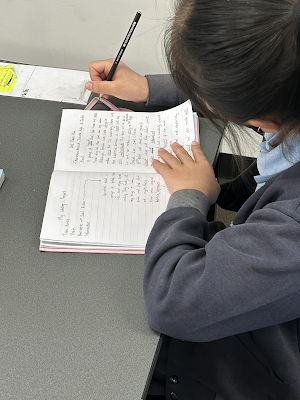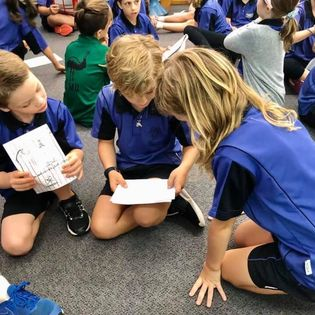Support for Young Writer's Agency

Young writers can experience a great sense of agency surrounding their writing ideas and processes, but this does not guarantee they will derive a sense of pleasure from their writing. Young writers need support in the form of mindful instruction so they learn how to best apply that growing sense of agency. Agency needs the company of intention for the writer to prosper. Without that explicit instruction, writing will not thrive. Knowing they can write is important, but knowing how to proceed with that writing is just as important. Agency needs the solid support of self-efficacy and self-regulation. When coupled with these components, agency becomes a vital motivating force, leading to increased engagement and performance. So, when teachers inquire into writing processes and demonstrate how to set process goals, the agentic writer has an all-important writing roadmap to follow. A roadmap highlighted by a more proficient writer. The influence of a teacher...


